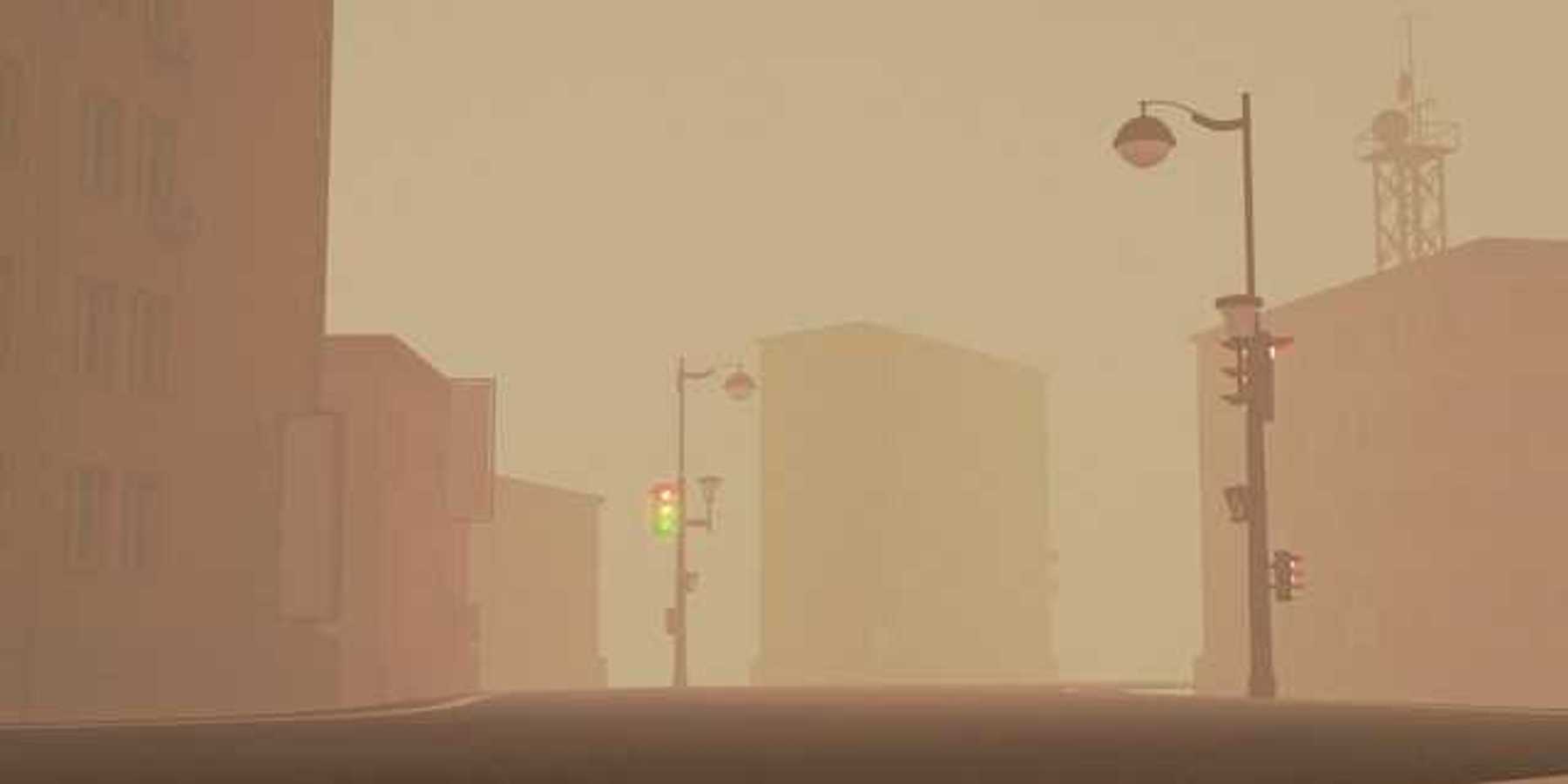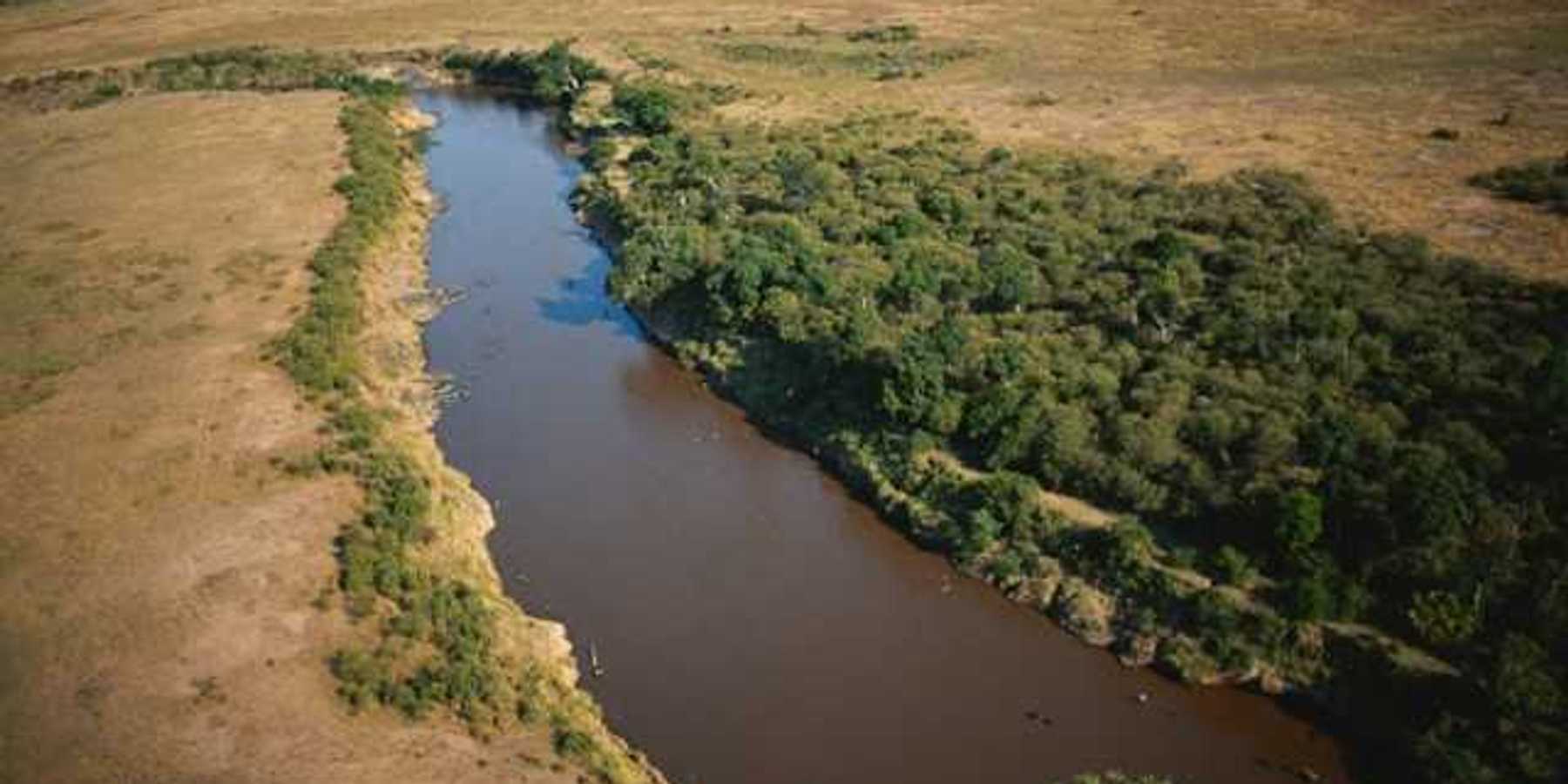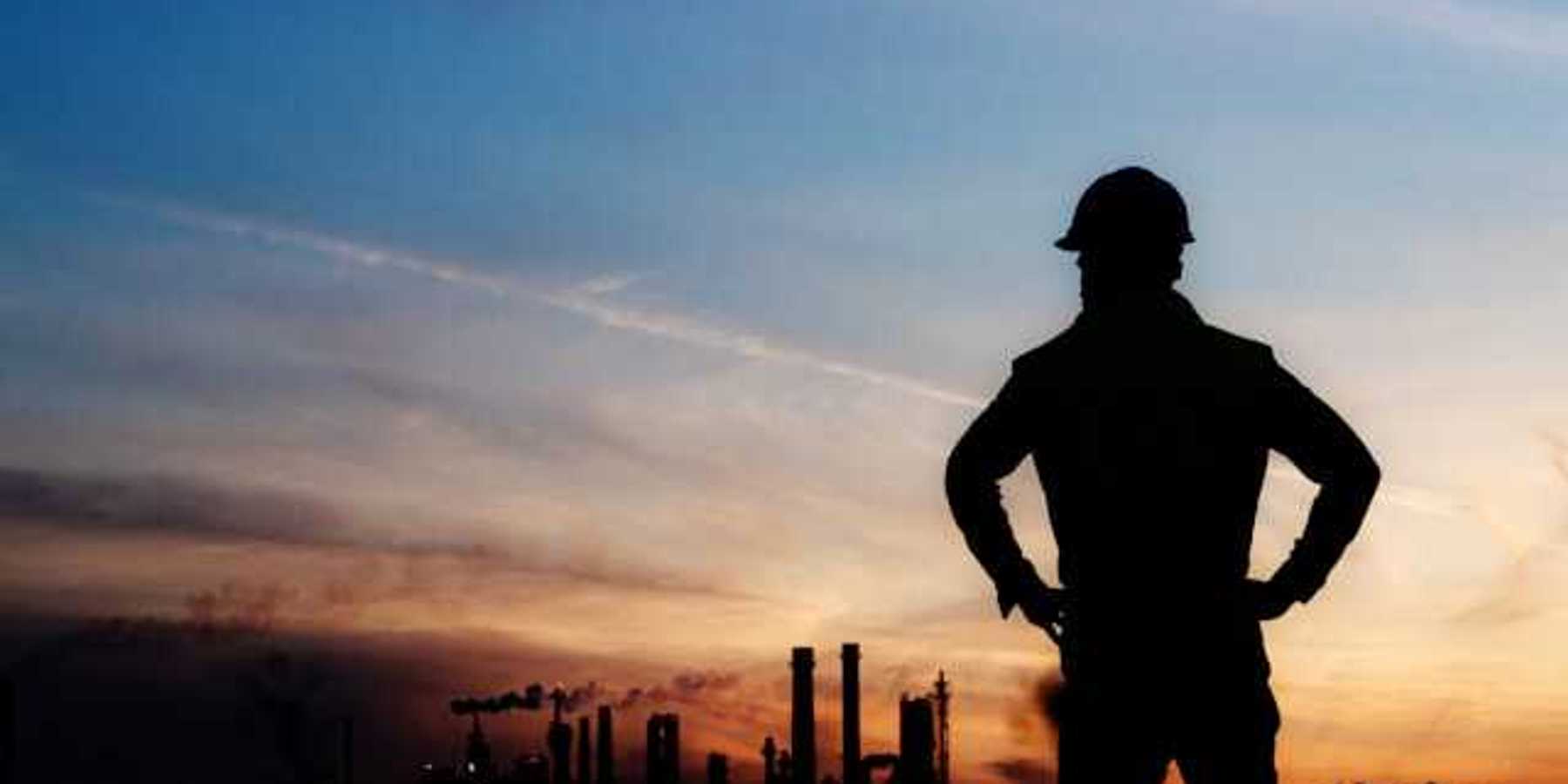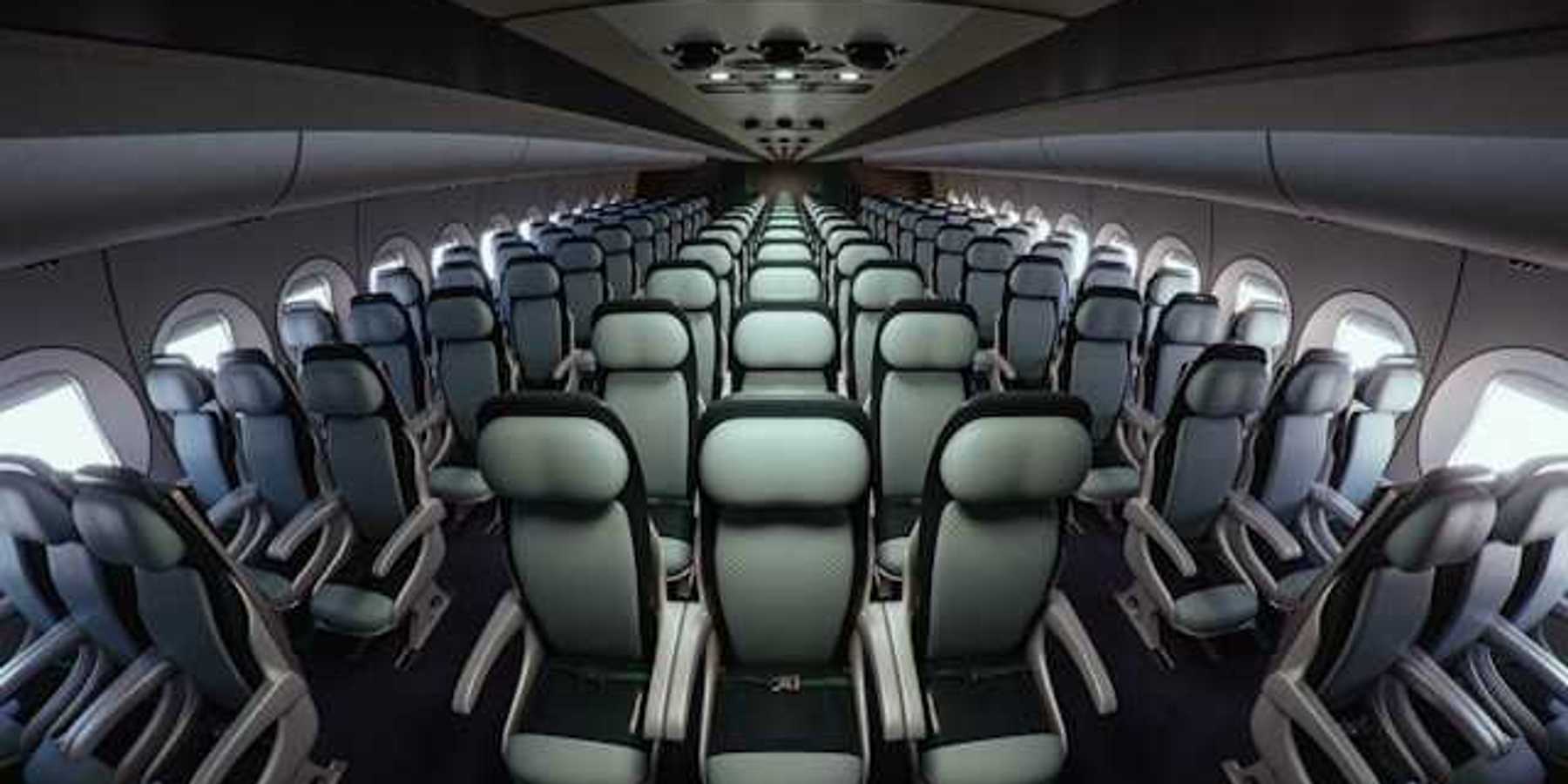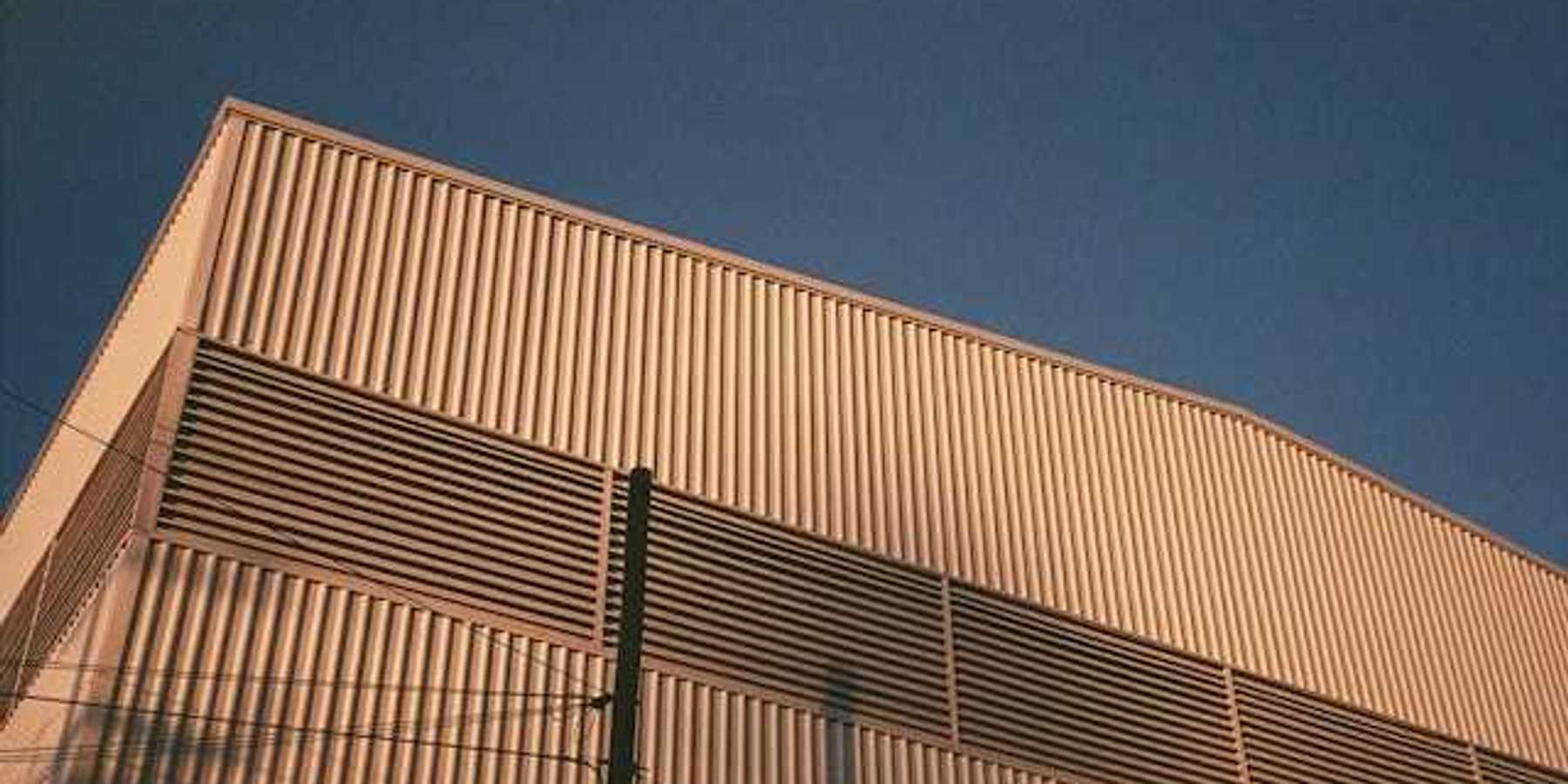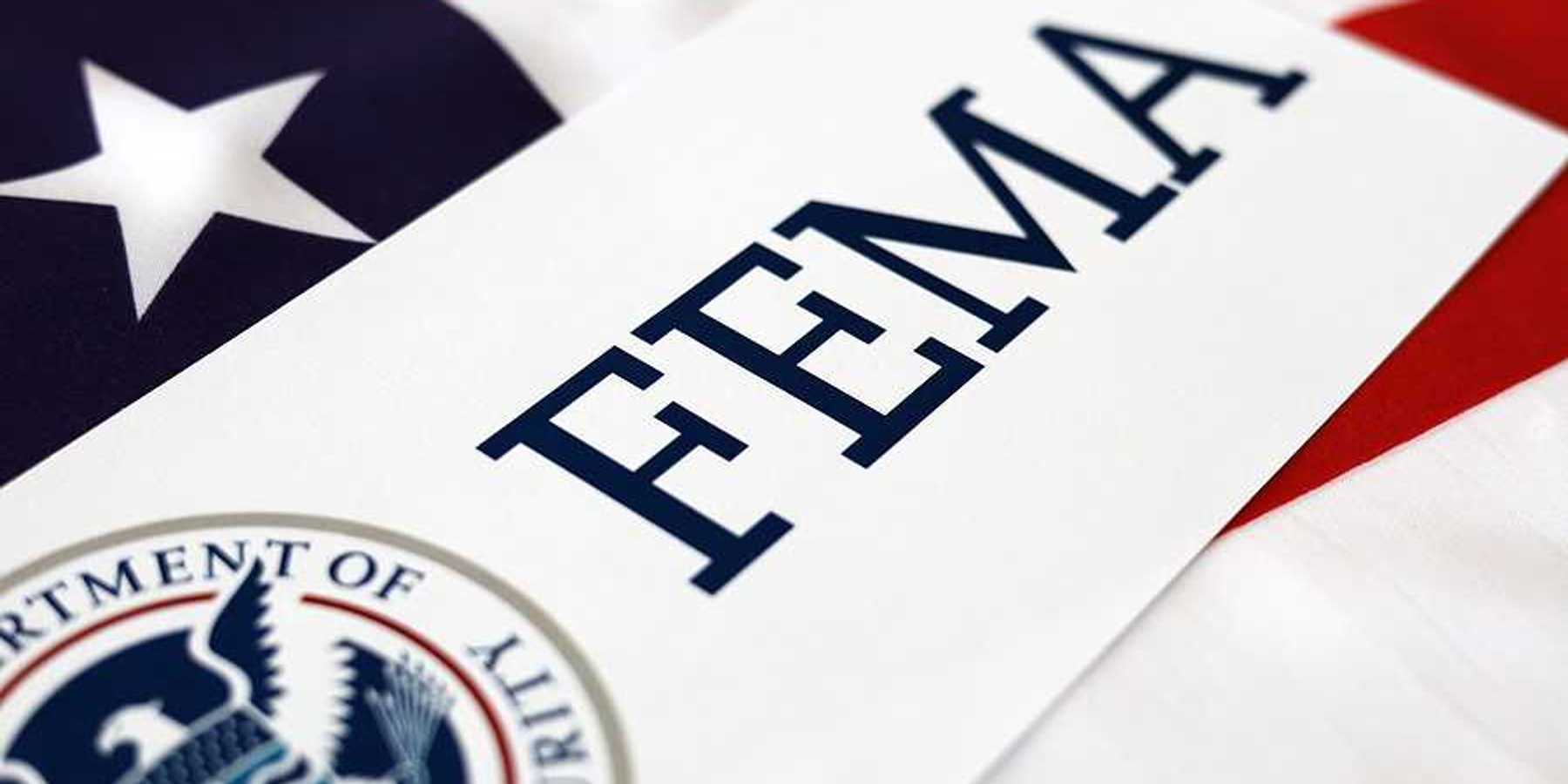Climate change to boost Lyme disease cases in northeast and midwest U.S. by over 35%, study finds
In short:
- A 3-degree Celsius rise in global temperatures could raise Lyme disease cases up by 38%, translating to around 55,000 new cases each year.
- This spike in Lyme cases could also see healthcare costs increase by 38%, amounting to an additional $236 million annually.
- Lyme cases in more southeastern states are predicted to lower slightly.
Key quote:
“Lyme disease is likely to have a considerable impact on the health of thousands more children and adults over the coming decades across these regions, particularly in more northern areas, leading to tens to hundreds of millions of dollars in annual healthcare costs.”
Why this matters:
The findings are estimated to be even higher with larger temperature increases, and are still likely an underestimate. The study did not consider factors such as the underdiagnosis and underreporting of Lyme disease, the expansion of ticks into new areas, or the growing prevalence of ticks that carry Lyme and other tick-borne diseases like anaplasmosis and babesiosis.
Related EHN coverage:
- Op-ed: How climate change harms pregnant people and their babies
- A guide to environmental health in southwestern Pennsylvania
On a personal note:
Several EHS staff members in the northeastern U.S. have battled Lyme and other tick-borne diseases personally. One suffered from Lyme and babesiosis, experiencing severe fatigue, body pain, and frozen shoulders, to the extent of being unable to walk. Another staff member and her son are currently in treatment; he is a 24-year-old athlete with fluid-filled joints, walking with a limp and unable to run. She has been diagnosed with Lyme every summer for the past decade and also has had anaplasmosis.
Science summaries are produced by the EHS science team, including HEEDS staff.
